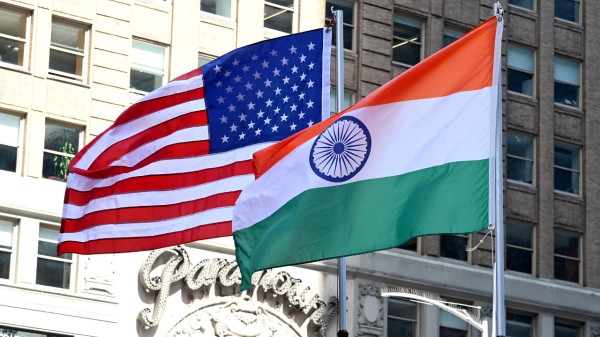

By signing in or creating an account, you agree with Associated Broadcasting Company's Terms & Conditions and Privacy Policy.


By signing in or creating an account, you agree with Associated Broadcasting Company's Terms & Conditions and Privacy Policy.
New Delhi: In most parts of the world, a person’s age is determined by their birth date. However, in South Korea, age is traditionally calculated differently, resulting in people effectively having two birthdays. This unique system is deeply rooted in Korean history and culture.
Traditionally in South Korea, a newborn is considered one year old at birth. Instead of counting age from the exact birth date, everyone in the country collectively becomes a year older on January 1st, regardless of when they were born. This means that a baby born on December 31st would turn two years old the very next day, even though they have been alive for just a few hours.
This system originated from ancient East Asian traditions, where the time spent in the womb was considered part of a person’s age. Additionally, the idea of celebrating a shared ageing process on New Year’s Day helped unify society.
Despite the traditional Korean age system, South Koreans also use the international age system (where a person’s age is counted from their actual birth date) in legal and official documents. This means that people often have two different ages depending on the context. For example, a South Korean might be 25 in the international system but 26 or 27 in the traditional Korean system, depending on their birth month.
However, in 2023, South Korea officially abolished the traditional Korean age system for legal purposes, aligning with the international standard. Despite this change, many older generations and informal settings still use the traditional method out of habit.
The Korean age system affects various aspects of daily life, from social interactions to school admissions and even drinking laws. Age plays a significant role in Korean culture, influencing how people address one another with honorifics and levels of respect.
South Korea’s dual-age system is a fascinating cultural trait that reflects its history and values. While the country is shifting toward international standards, the traditional Korean age system remains an essential part of its heritage, continuing to influence social norms and traditions.












